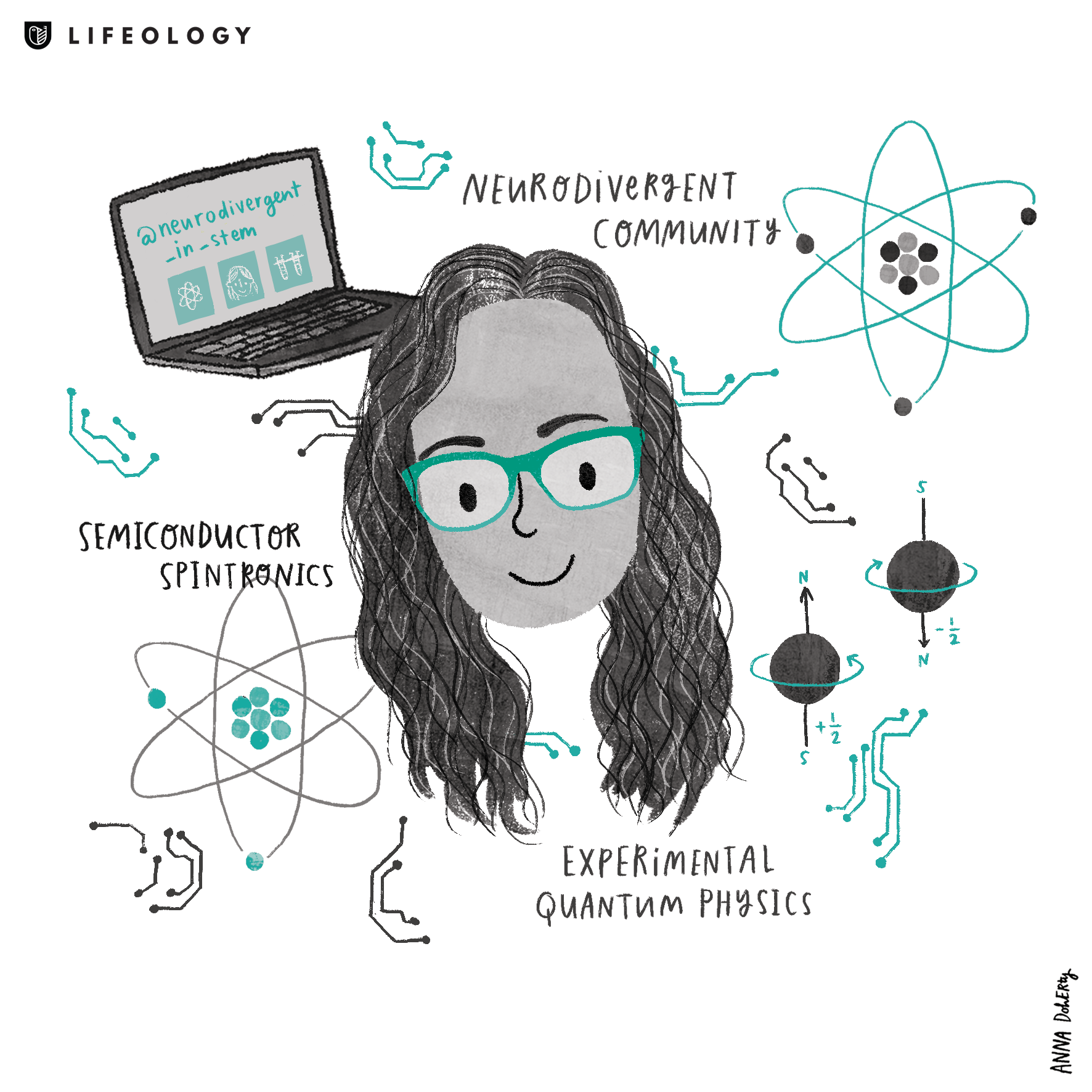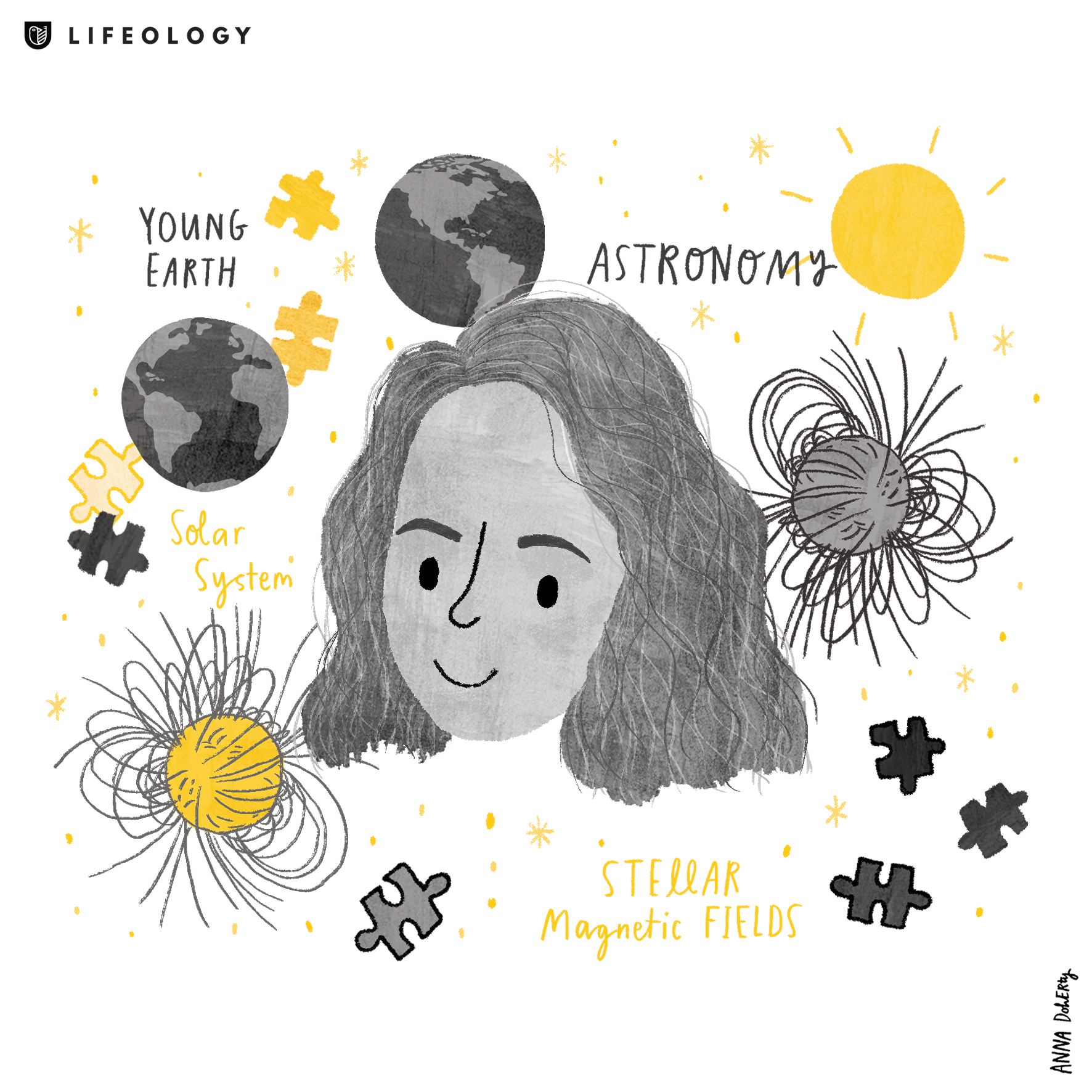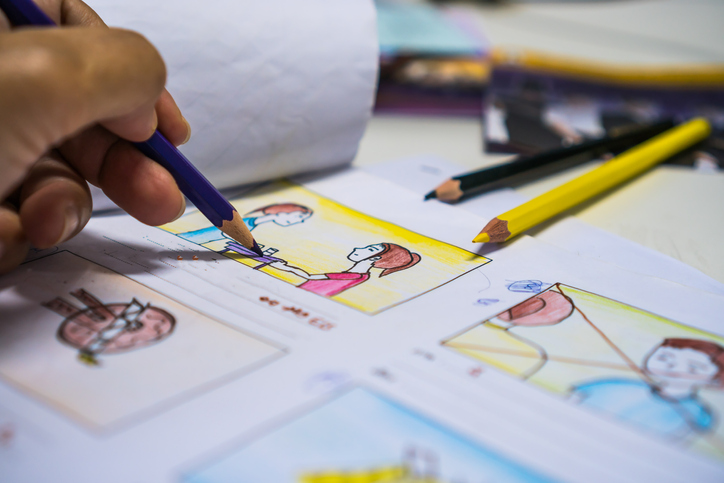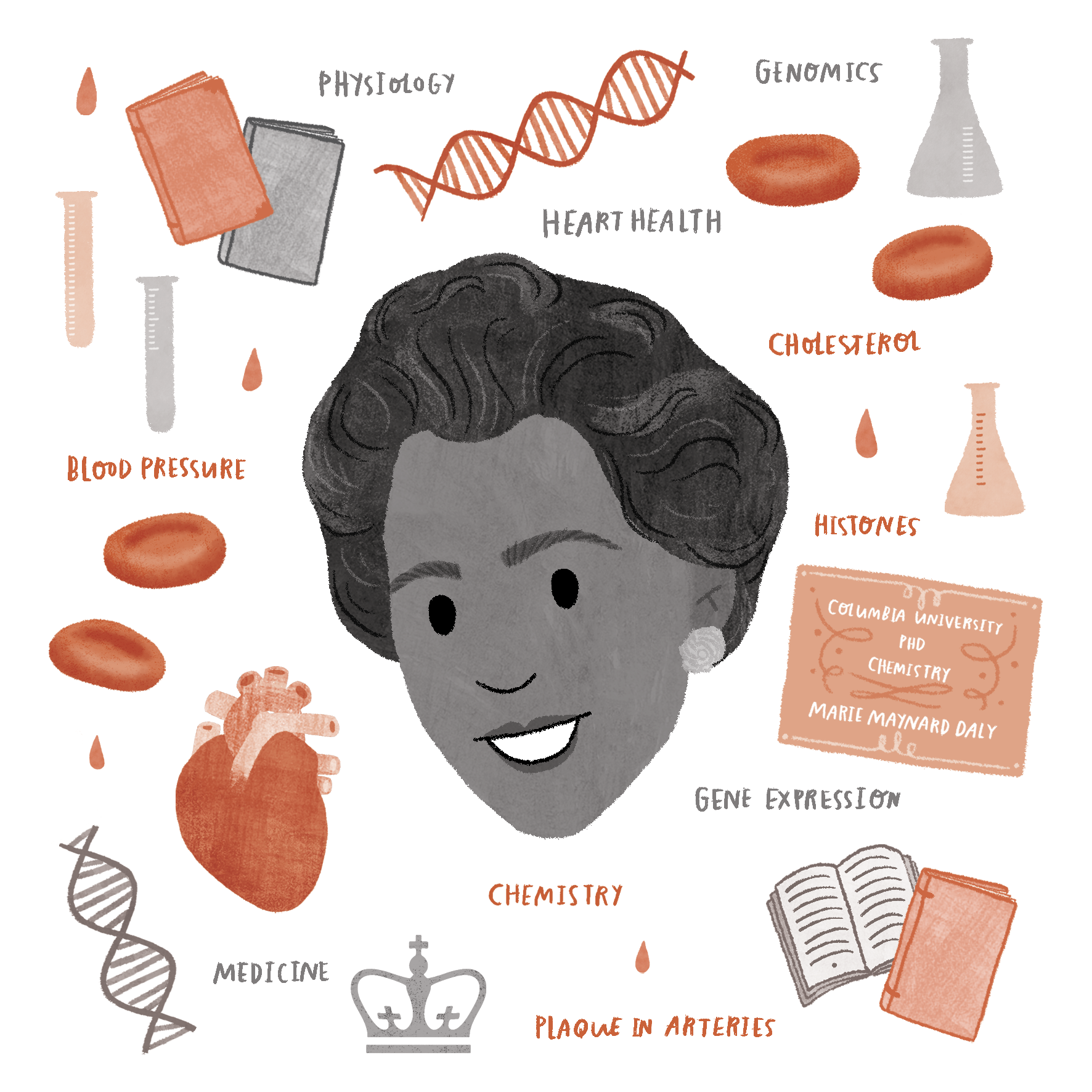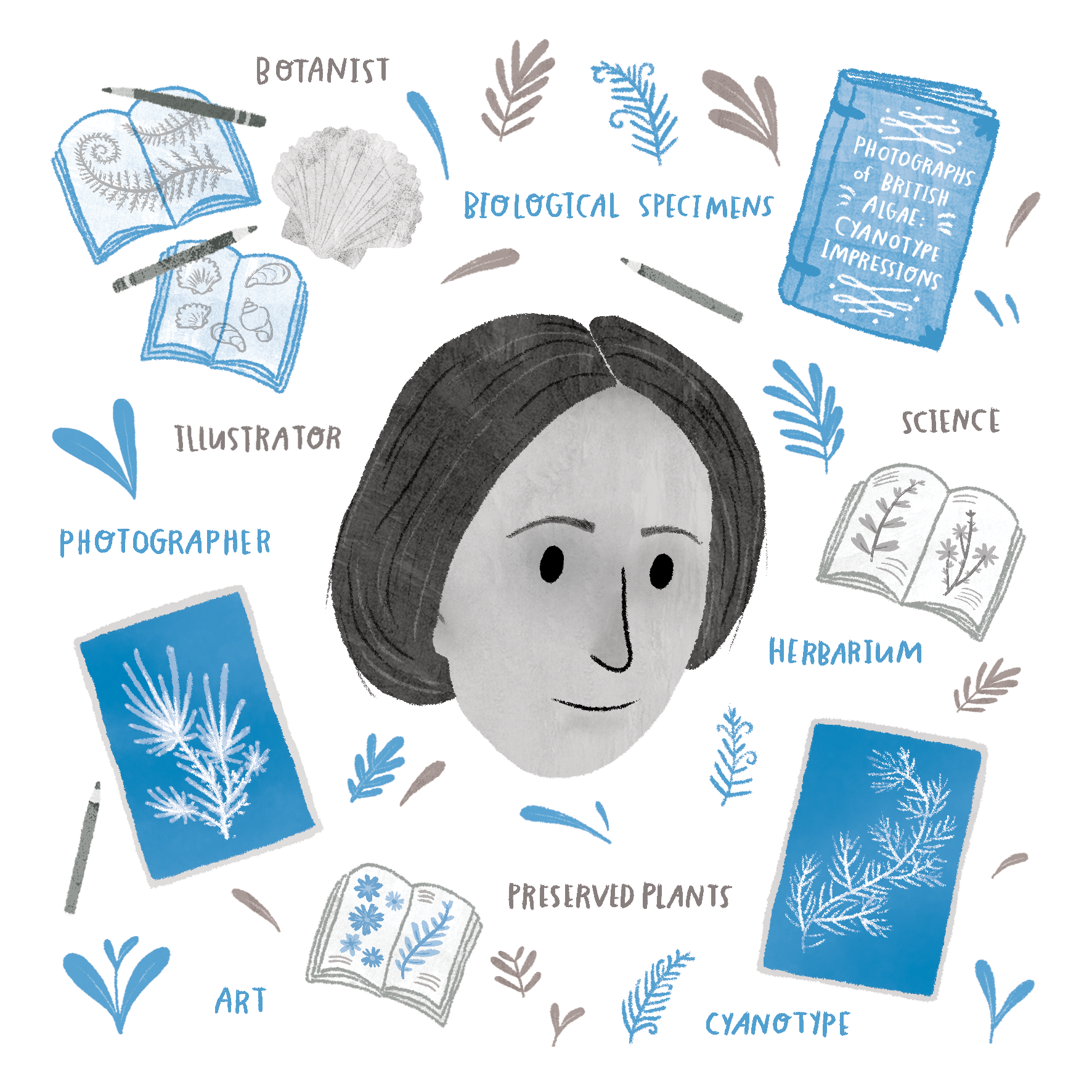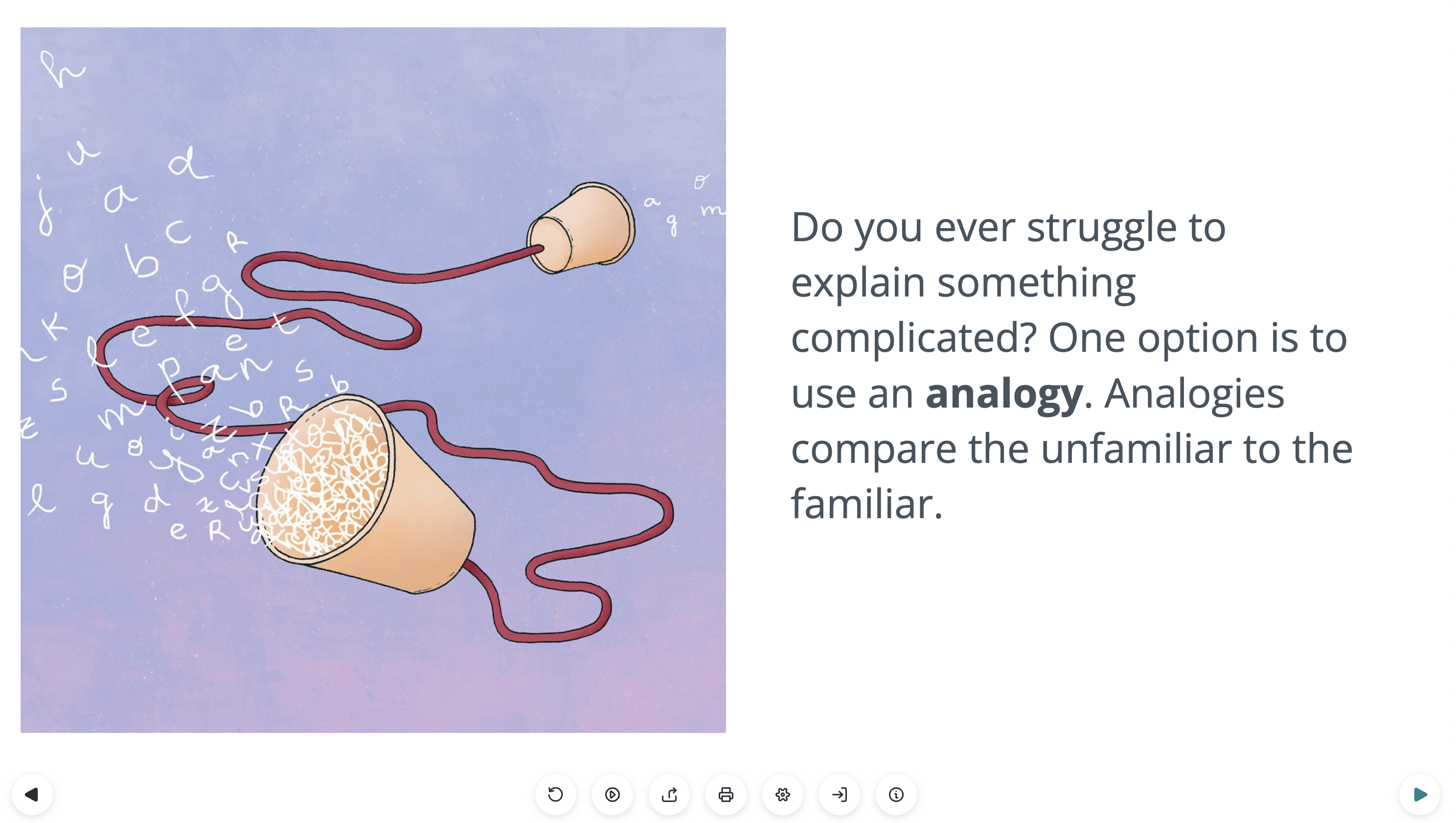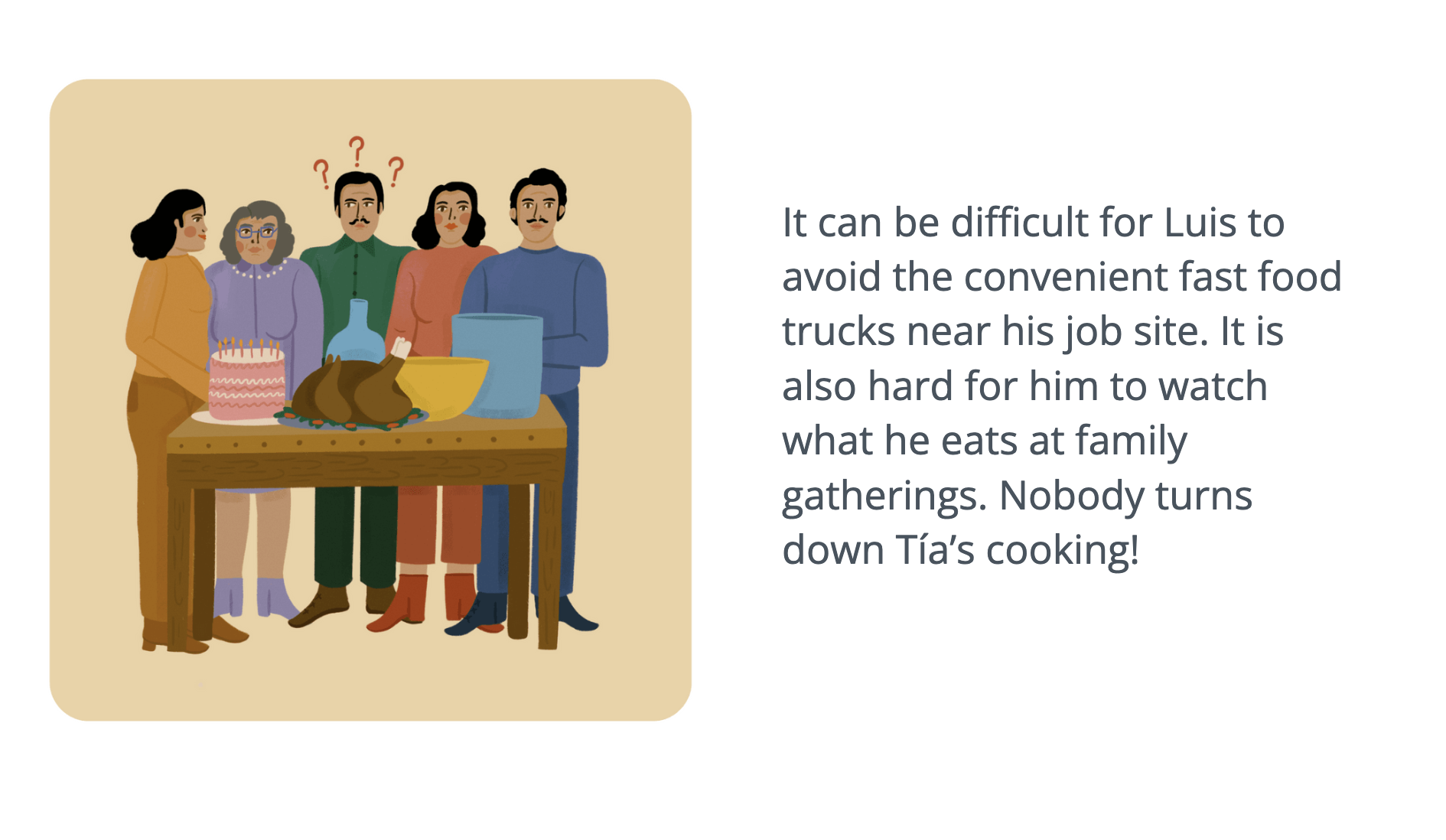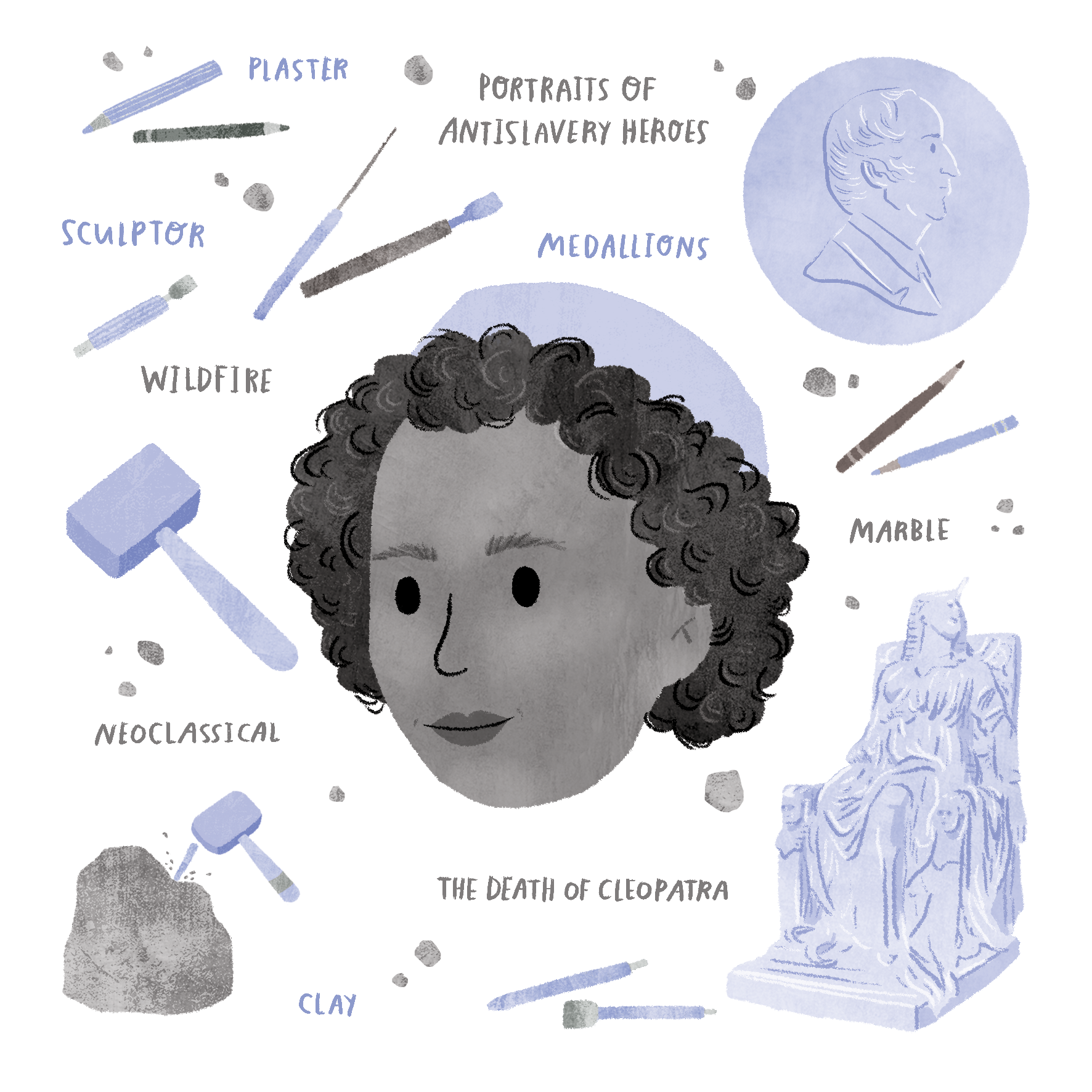Women in STEAM (science, tech, engineering, arts, math and medicine) are rocking it in the world today, doing amazing but often under-promoted work. We want more people to know about these women and their work, including girls who might dream of careers in STEAM fields! That is the goal our “living” Women in STEAM Lifeology card deck!
Each month, we feature at least two new women in this living digital card deck, based on women nominated here. But all women nominated are also featured in this monthly Women in STEAM blog post.
We’ve also partnered with 500 Women Scientists to feature women from their Request a Woman in STEMM platform in a unique Lifeology card series, which we launched today here!
Want to create your own Lifeology course featuring your work or the work of other scientists? Get in touch – Lifeology@lifeomic.com.
For the month of June, we’ve featured three new amazing women in STEAM in our illustrated card deck!
Lily Edinam Botsyoe, a world changer with expertise in Internet Governance issues.
Daisy Shearer, a researcher who is finding new ways to control the quantum spin of electrons!
Moira Jardine, a professor of astronomy who is helping us understand how our sun was born and evolved to shine on a planet that harbors life.
Other Women in STEAM who inspired us this month!
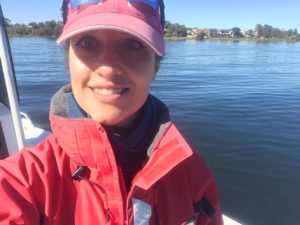
Valeria Senigaglia is from Australia and is a PhD student at Murdoch University and freelance journalist. She studies marine mammal biology and how human activities impact marine mammals, including dolphins. She loves being on the ocean and learning more about nature and the connections that individual dolphins have to one another!
Valeria recently started a project using social media to quantify illegal dolphin-human interactions. She was inspired after a (failed) attempt by a suitor to win her favor by sending her a video of himself illegally feeding a wild dolphins. She says that quantifying the effects/impact of both legal and illegal feeding is important for the conservation of the resident populations
“Feeding wildlife, and dolphins in particular, is (mostly) illegal in Australia, but illegal feeding is difficult to quantify as it might happen at any moment. I came up with the idea of using social media to look for posts and videos about illegal interactions (e.g. touching, feeding) with dolphins. You would be surprised how many people voluntarily upload illegal activities on their public social media accounts.” – Valeria
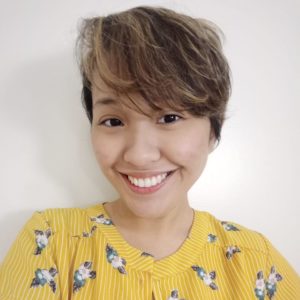
Carina Laroza is from the Philippines and is an Inclusive Science Communication Advocate! She founded Scienkidfic Xplorers. She studies and practices science communication for underserved communities. She develops and conducts science outreach programmes for underserved communities and public schools around Metro Manila, and trains volunteers on how to effectively facilitate the programmes.
“Everyone, regardless of their background, needs to understand and be able to appreciate the the impact of STEM in their everyday lives. Underserved communities deserved to feel empowered through science, so they too can engage in scientific discourse for the country.” – Carina
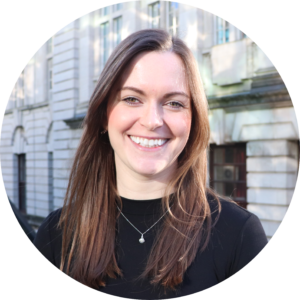
Dr. Emma Yhnell is a lecturer in biomedical science and neuroscience at Cardiff University in the UK. She studies neurodegenerative diseases and has worked with patients and their family members. She is also experienced in public engagement and science communication.
She has been involved on a personal level with health research from a very young age – at birth, in fact! She is one of triplets and she took part in a clinical trial when she was a premature baby. Today she inspires others by the efforts to makes to help people, from patients and families in research clinics, to the undergraduate students she teaches.
“Emma repeatedly shows us that science is accessible and available to all and by doing so both inspires the public and instils this responsibility in other members of the research community.” – Harry
Sumia Abdualhadi is a research fellow at the University of Liverpool in nuclear physics. She works as a volunteer and analyzes environmental samples to look for radioactive elements. She is extremely hard-working – she managed to get her academic degrees, a Master’s and PhD in nuclear physics, while being a mother to five children!
“My favourite part about doing the work at the laboratory that I enjoy getting new information and data that I do not expect from some samples.” – Sumia

